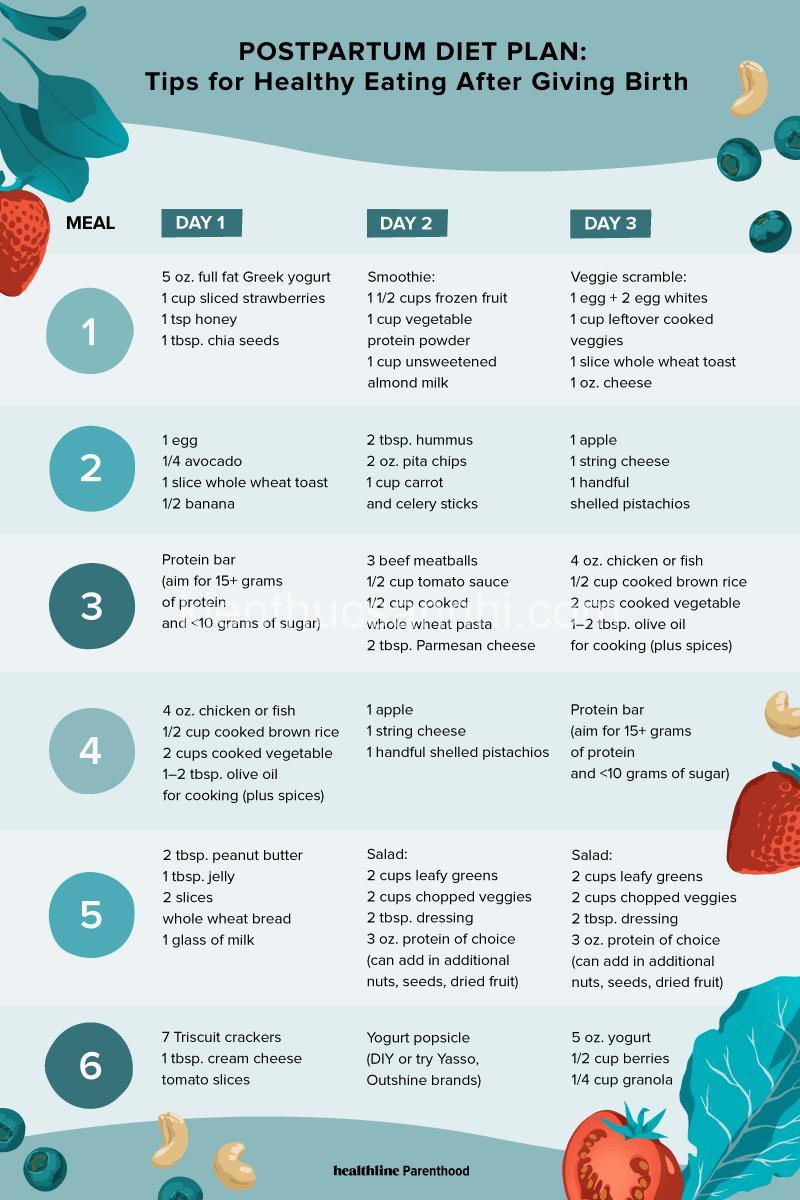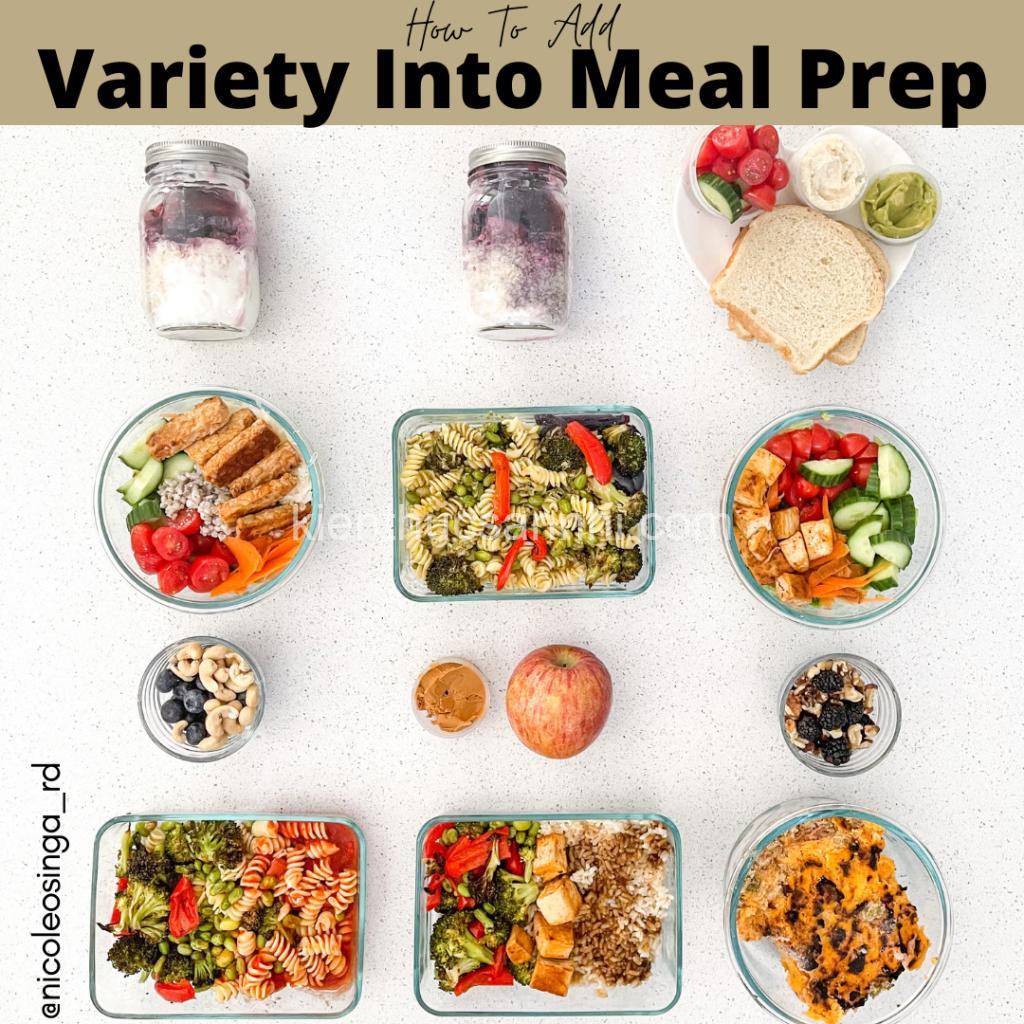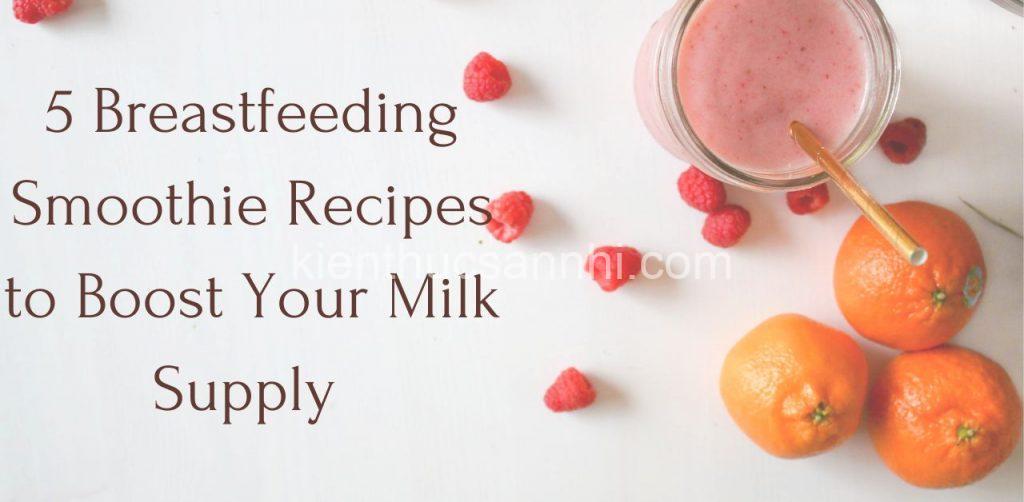
Enjoy Food & Stay Healthy Postpartum: Expert Tips & Nutrition Guide. In today’s article, kienthucsannhi.com will explore with you in the most detailed and complete way. See now!
Understanding Your Postpartum Nutritional Needs
The postpartum period is a time of significant change for your body. You’re recovering from childbirth, adjusting to motherhood, and potentially breastfeeding. This period comes with unique nutritional demands, making it crucial to understand what your body needs for a successful recovery.
The Increased Demands of Breastfeeding:
Breastfeeding is a beautiful act of nourishment for your baby, but it also requires additional calories and essential nutrients from you. You’ll need to consume more protein, healthy fats, and vitamins and minerals to ensure your milk is full of vital nutrients for your little one’s growth and development. Your body needs these same nutrients for energy and recovery, so don’t skimp on those essential building blocks.
Common Postpartum Challenges:
The postpartum period can be a whirlwind of emotions and challenges. You might experience fatigue, hormonal fluctuations, and limited time due to the demands of caring for your newborn. These challenges can impact your food choices, leading to unhealthy cravings or skipped meals. It’s crucial to acknowledge these struggles and find ways to prioritize your nutrition despite the whirlwind.
The Importance of Nourishment:
Your body is working hard to heal, recover, and produce milk. It’s important to remember that food provides energy, supports healing, and boosts your mood. Eating nutritious foods helps you feel your best, physically and emotionally, allowing you to fully enjoy motherhood and bond with your baby. Think of your body as a car; it needs the right fuel to run smoothly.

Prioritizing Nutrient-Dense Foods for Postpartum Recovery
Nourishing your body with nutrient-dense foods is essential during the postpartum period. These foods pack a punch of vital vitamins, minerals, and other nutrients that support recovery, energy levels, and milk production.
Understanding Macronutrients:
- Protein: Protein is essential for tissue repair, muscle growth, and milk production. Opt for lean protein sources like chicken, fish, eggs, beans, and tofu.
- Carbohydrates: Carbohydrates provide energy for your body, especially important during breastfeeding. Choose whole grains, like brown rice, quinoa, and whole-wheat bread, over refined grains.
- Healthy Fats: Healthy fats are essential for hormone production, brain development, and satiety. Include avocado, nuts, seeds, and olive oil in your diet.
Choosing Nutrient-Rich Options:
- Fruits and Vegetables: Load up on a variety of colorful fruits and vegetables. They’re packed with vitamins, minerals, and fiber, promoting healthy digestion and energy levels.
- Whole Grains: Whole grains are rich in fiber, which aids in digestion and helps you feel fuller for longer. Opt for whole-grain bread, brown rice, quinoa, and oatmeal.
- Lean Protein: Lean protein sources like chicken breast, fish, beans, and lentils provide essential amino acids for tissue repair and muscle growth.
Snack Smart:
Healthy snacks are crucial for preventing hunger pangs and cravings. Keep nutrient-rich options on hand, like:
- Yogurt with berries: Yogurt is a good source of protein and calcium, while berries provide vitamins and antioxidants.
- Trail mix: A mix of nuts, seeds, and dried fruit provides healthy fats, protein, and fiber.
- Hard-boiled eggs: A quick and easy source of protein and essential nutrients.
- Apple slices with almond butter: Apples are a good source of fiber, and almond butter provides healthy fats and protein.
Mindful Eating for Food Enjoyment and Better Health
Mindful eating is more than just chewing your food; it’s about being present and engaged with your eating experience. It’s about savoring each bite, recognizing your hunger and fullness cues, and developing a healthier relationship with food.
Slow Down and Savour:
Take your time when eating, savoring each bite. Pay attention to the taste, texture, and aroma of your food. Chewing thoroughly helps with digestion and allows you to enjoy the flavors more fully. This simple practice can make your meals more enjoyable and satisfying.
Eliminate Distractions:
Try to create a peaceful eating environment, free from distractions. Avoid eating in front of the TV or while scrolling through your phone. Focus on the present moment and appreciate the flavors and textures of your meal.
Listen to Your Body:
Be mindful of your hunger and fullness cues. Don’t eat just because it’s mealtime or because food is available. Pay attention to your body’s signals and eat when you’re truly hungry and stop when you feel comfortably full.
Practical Strategies for Time-Strapped Moms
Finding time to cook healthy meals can be a challenge, especially with a newborn demanding your attention. Here are some practical strategies to manage your time and make healthy eating easier:
Meal Prep for Busy Days:
- Plan Ahead: Take some time each week to plan your meals and snacks. This can save you time and prevent impulsive food choices.
- Cook in Batches: Prepare large batches of healthy meals, such as soups, stews, or roasted vegetables, that can be easily reheated throughout the week.
- Freeze Portions: Freeze individual portions of cooked meals or snacks for quick and easy access.
Exploring Nutritious Frozen Food Options:
- Frozen Fruits and Vegetables: Frozen fruits and vegetables offer a convenient and nutritious option. They’re often picked at their peak ripeness and frozen quickly to preserve nutrients.
- Frozen Meals: Look for frozen meals that are low in sodium, high in protein, and contain whole grains and vegetables.
- Frozen Snacks: Frozen yogurt, fruit bars, and smoothies can be healthy and refreshing snacks.
Enlist Help from Partners or Family:
- Share Responsibilities: Discuss how you can share responsibilities for meal preparation, childcare, and other household tasks.
- Ask for Help: Don’t be afraid to ask for help from family and friends, whether it’s cooking a meal, running errands, or simply providing emotional support.
Making Healthy Choices Enjoyable
Nourishing yourself doesn’t have to be boring. Here are some tips for making healthy choices enjoyable and adding some flavor to your postpartum meals:
Experimenting with Flavors:
- Spices: Use spices like turmeric, ginger, cumin, and coriander to add flavor and health benefits to your dishes.
- Herbs: Fresh or dried herbs like basil, oregano, thyme, and rosemary can transform the flavor of simple meals.
- Sauces: Use flavorful sauces like tahini, pesto, or salsa to add depth to your dishes.
Cooking with Loved Ones:
Involving your partner and children in meal preparation can be a fun and bonding experience. It’s a great opportunity to teach your children about healthy eating habits and create lasting memories.
Celebrating Special Occasions:
Finding healthy alternatives for celebratory meals and snacks can help maintain balance. Try using natural sweeteners like honey or maple syrup instead of refined sugar. You can also create healthy versions of traditional recipes.
Addressing Emotional Eating Postpartum
Emotional eating is a common issue, especially during the postpartum period. It’s when you eat to cope with stress, anxiety, or sadness, even when you’re not physically hungry. Being aware of your emotions and triggers can help you avoid emotional eating.
Recognizing Emotional Eating Triggers:
- Stress: The demands of motherhood can be stressful. Pay attention to how stress affects your eating habits.
- Fatigue: Lack of sleep and exhaustion can lead to cravings for comfort foods.
- Hormonal Fluctuations: Hormonal changes after childbirth can impact your mood and appetite.
Healthy Coping Mechanisms:
- Exercise: Physical activity can release endorphins, which have mood-boosting effects. Even a short walk can make a difference.
- Relaxation Techniques: Try practicing yoga, meditation, or deep breathing exercises to manage stress and anxiety.
- Talk to Someone: Connect with a friend, family member, or therapist to talk about your feelings.
Seeking Professional Support:
If you’re struggling with emotional eating or other food-related concerns, consider seeking professional support from a therapist or dietitian. They can provide personalized guidance and strategies to address your unique needs.
FAQs about Enjoying Food While Focusing on Health Postpartum
What if I don’t have time to cook healthy meals?
Meal prepping is a lifesaver for busy moms. You can prepare large batches of healthy meals and snacks in advance, making it easier to grab a nutritious option when you’re short on time. Frozen fruits and vegetables, pre-cut salads, and quick protein sources like hard-boiled eggs or tuna are also excellent choices.
How can I make sure I’m getting enough nutrients while breastfeeding?
Talk to your doctor or a registered dietitian to ensure you’re meeting your nutritional needs while breastfeeding. They can help you create a personalized meal plan and recommend supplements if necessary. Focus on nutrient-dense foods like lean protein, whole grains, fruits, and vegetables. If you’re concerned about specific deficiencies, talk to your doctor about taking a prenatal vitamin or other supplements.
What if I’m struggling with emotional eating?
Emotional eating can be challenging. It’s important to recognize your triggers and find healthy ways to cope. Consider practicing relaxation techniques like yoga, meditation, or deep breathing exercises. Talk to a friend, family member, or therapist about your feelings. If you’re struggling to manage on your own, seeking professional support from a therapist or dietitian can be very helpful.
Conclusion
Nourishing your body is an act of self-care, especially during the postpartum period. By prioritizing nutrient-dense foods, practicing mindful eating, and finding practical strategies for managing time, you can enjoy food while focusing on your health. Remember, motherhood is a marathon, not a sprint. Take care of yourself so you can fully embrace the journey. For more information about animal health and other informative resources, be sure to check out kienthucsannhi.com.
We encourage you to leave a comment below, share this article with other new moms, and continue to explore the wealth of information available on our website. We’re committed to providing you with the knowledge and resources you need to be a confident and informed pet owner.





